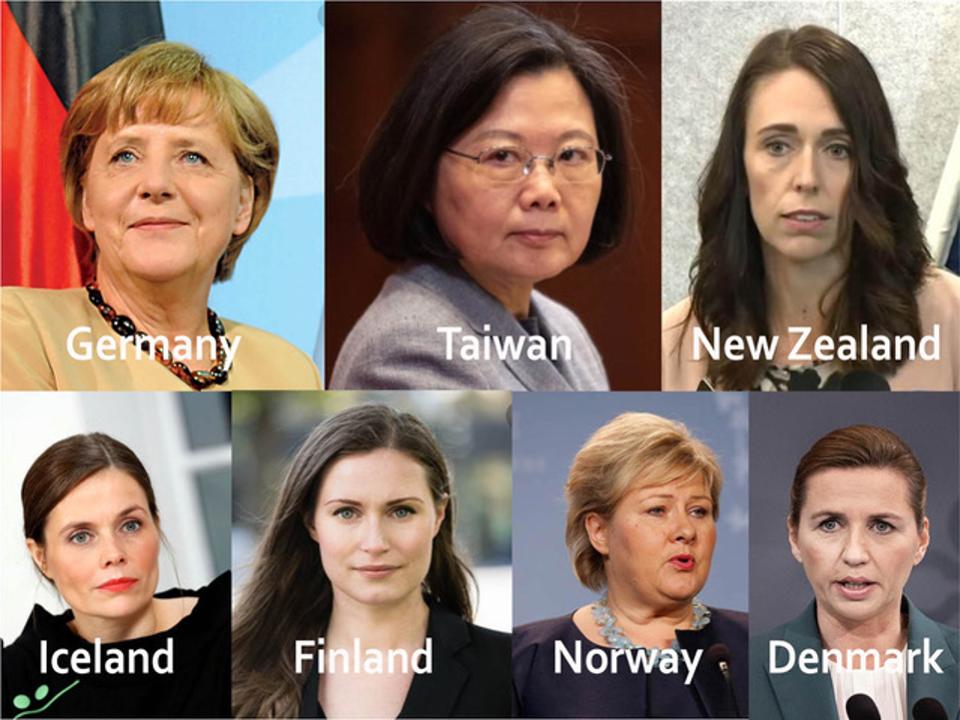WOMEN DEALING WITH SUICIDE
Wikipedia defines suicide as the act of intentionally causing one’s own death. Suicide is a public health problem, and it is seen as a public health priority by the World Health Organization (WHO). According to WHO, Suicide is the result of an act deliberately initiated and performed by a person in the full knowledge or expectation of its fatal outcome. Close to 800,000 people die due to suicide every year and it is considered the third leading cause of death in 15-19-year old.

Studies show that women make more suicide attempts than men, but men are more likely to die in the attempts than women. In Nigeria, most people do not believe depression is an illness, neither do they know the extent to which it affects the mind. Yet, between January and June 2019 alone, there were 42 reported cases of suicide that occurred in different parts of the country. An example is the story of Hikmat Gbadamosi, a 100-level student of the University of Port Harcourt, Rivers State. She was alleged to have consumed two bottles of insecticide (Sniper) after showing signs of depression and had opted to live away from her colleagues in the school.
According to Centre for suicide prevention, identified risk factor for suicide attempts and other suicidal behaviours in women include postpartum depression (PPD) affects around 15% of women and is experienced after giving birth and for up to one year after, prenatal period (The time during pregnancy and the first year after the birth of a child)- most women who die during this period have an affective or anxiety-related disorder, domestic violence (women experience partner violence nine times more than men according to different research) which in turn leads to post traumatic stress disorder (PTSD), and childhood sexual abuse. Other risk factors may include family history of suicide, family conflict, broken homes, anti-social behaviour, and poor peer relationships.
Suicide prevention begins with recognizing the warning signs and taking steps to make sure it does not happen. Though most people contemplating suicide often believe they are helpless, it is necessary to ask for external assistance, mostly a physician who can help find the medication or therapy that is suitable for the person. It is also important to take away harmful tools from their reach and make sure they are never left alone.
Speak Wednesday is an initiative of Centre for Family Health Initiative to stop the cycle of domestic violence by breaking the silence around gender-based violence and gender bias. Join us every Wednesday on all our social media handles for more episodes.


